The effects of ileocolic junction resection in dogs, cats
The aim of the study was to evaluate the effects of ileocolic junction (ICJ) resection on gastrointestinal signs, biochemical parameters and nutritional variables in dogs and cats.
Researchers reviewed the medical records of dogs and cats that underwent ICJ resection and obtained clinical signs, laboratory abnormalities and nutritional information.
The team obtained additional follow-up information by contacting primary care veterinarians or owners. A subset of dogs (n = 6) and cats (2) were evaluated in the hospital via clinical examination, clinicopathologic testing, nutritional testing and abdominal ultrasound.
Data showed that 20 dogs and 15 cats underwent resection of the ICJ for treatment of a variety of conditions. Ten of 20 dogs (50%) and 11 of 15 cats (73%) were reported by their owners to have a good long-term outcome based on the lack of long-term gastrointestinal signs or the ability to control gastrointestinal signs with diet and supplements alone.
Despite reports from owners on good outcomes, the team found that long-term diarrhea, weight loss and muscle loss were common. Of the six dogs evaluated in the hospital, 3 of 6 (50%) had muscle loss, 2 of 6 (33%) had low taurine concentrations, and one dog each had low cobalamin, folate, 25-hydroxyvitamin D and ionized calcium. Neither of the two cats evaluated in the hospital had nutritional abnormalities identified.
Researchers concluded that owners should be informed of the possibility of long-term gastrointestinal clinical signs and the potential need for long-term nutritional management after ICJ resection.
Catherine N Stecyk, et al. “Gastrointestinal signs and a need for nutritional management may persist long term in dogs and cats undergoing resection of the ileocolic junction: 35 cases (2008-2020).” J Am Vet Med Assoc. 2022 Oct 3;1-8. doi: 10.2460/javma.22.08.0352.


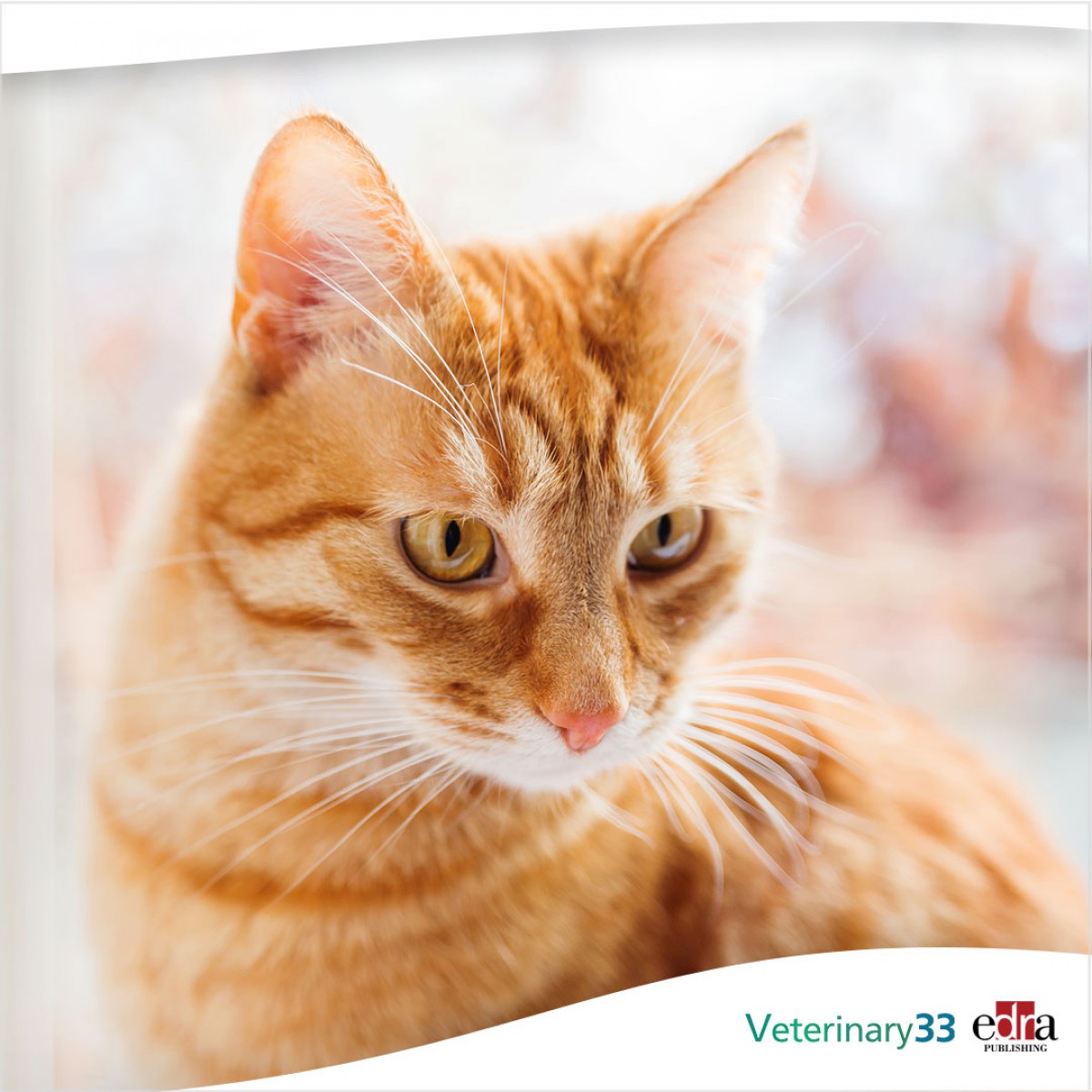
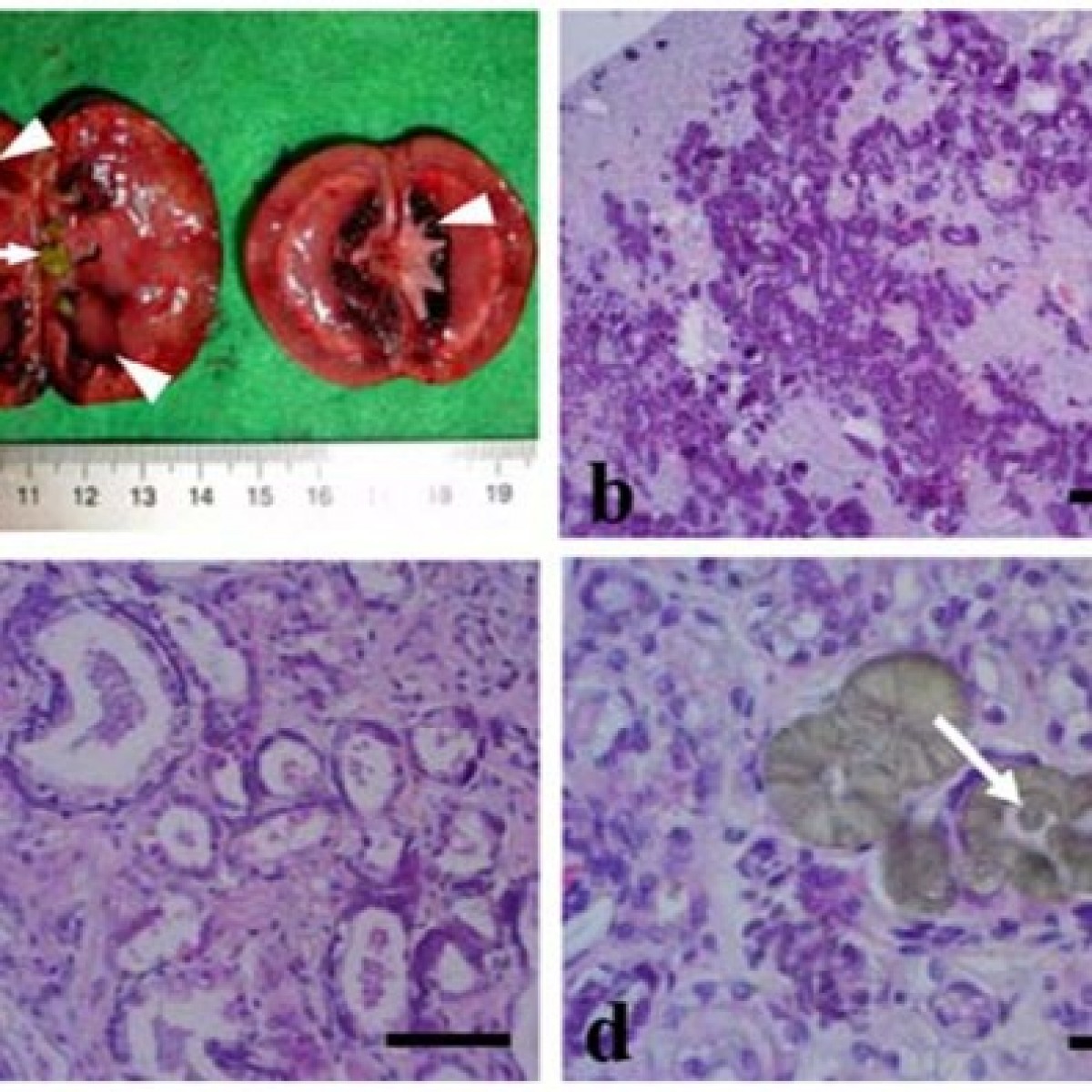
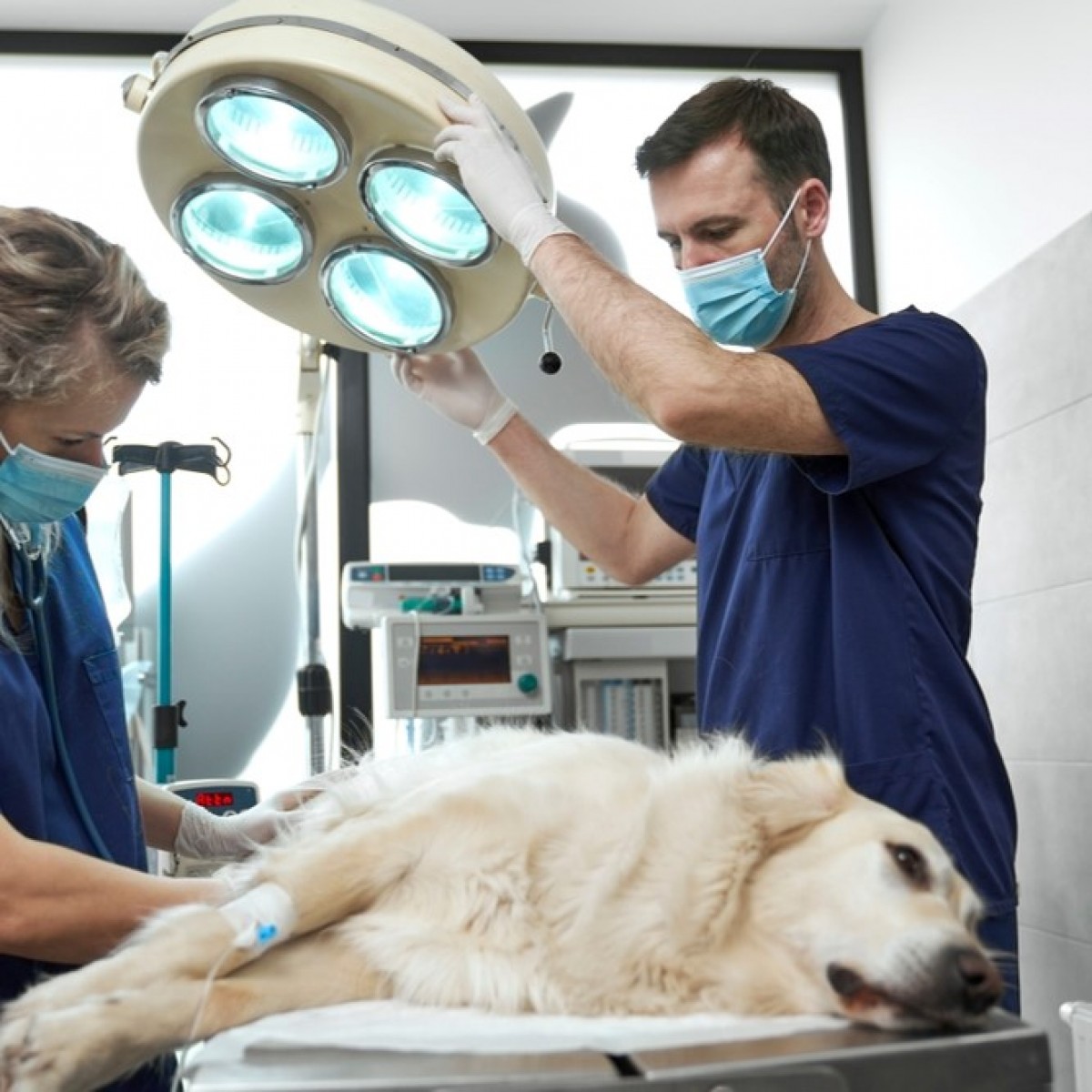
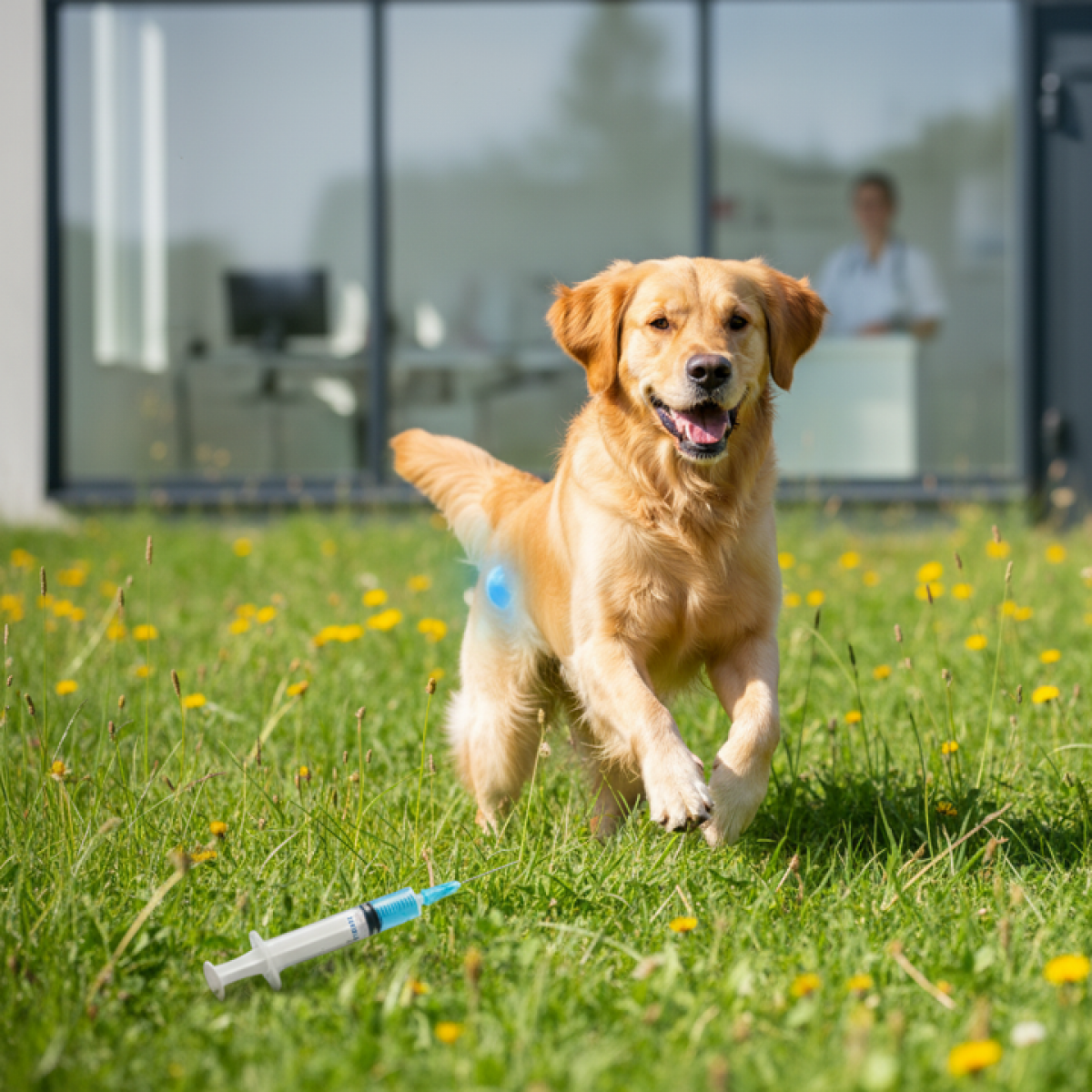


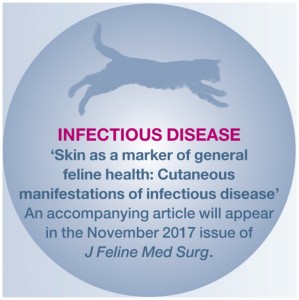

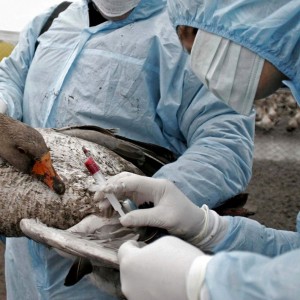



List
Add
Please enter a comment